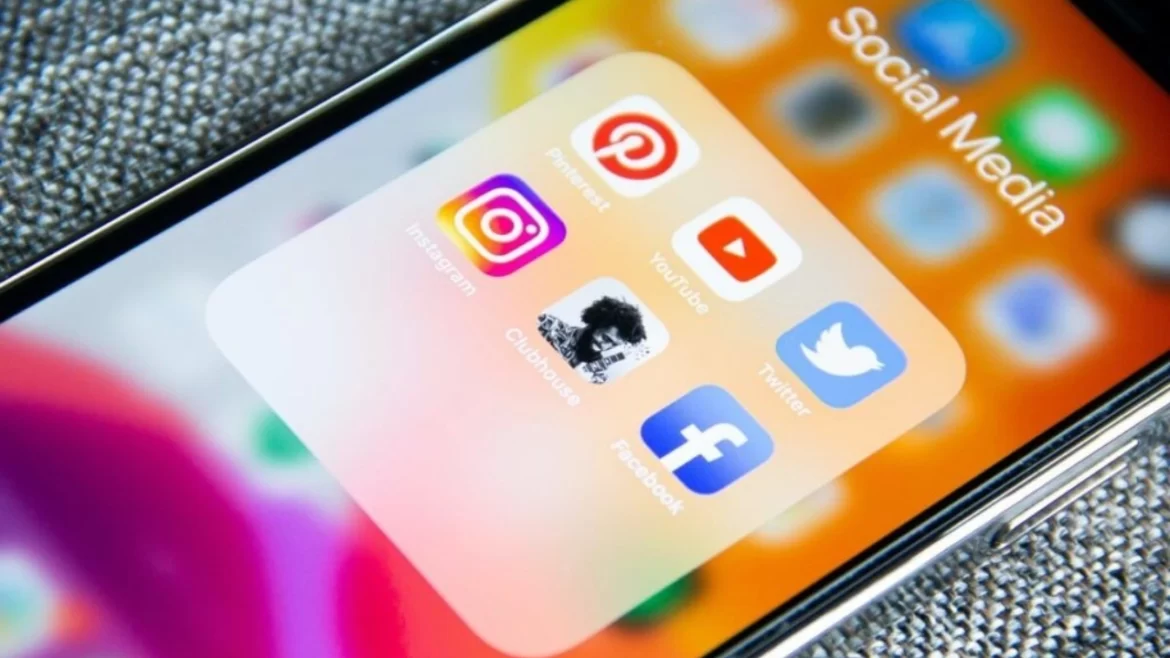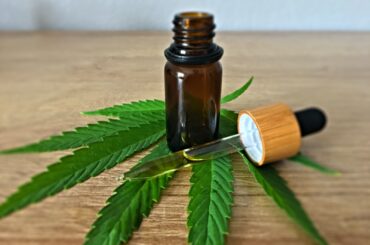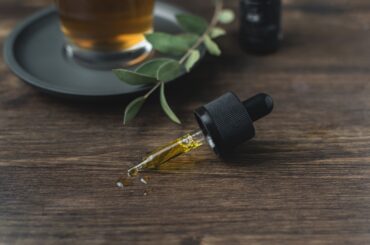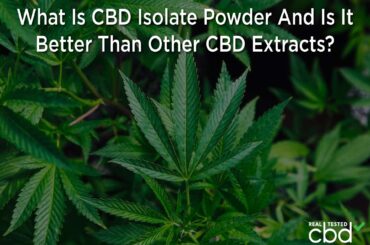Twitter has announced a significant change in policy, enabling “authorized” and state-legal cannabis businesses and other advertisers to run advertisements in the United States for controlled THC and CBD goods, accessories, and services.
According to Twitter, under the section titled “Drugs and drug paraphernalia,” “We permit licensed cannabis (including CBD-cannabinoids) advertisers to target the United States” as long as a number of requirements are satisfied.
AdCann, a cannabis marketing and advertising company based in Toronto, was the first to share the news on social media.
AdCann says that Twitter will let “advertisers promote brand preference and educational cannabis-related material” for a variety of goods and services, such as:
CBD and other cannabis-based products.
THC and comparable goods.
Products and services linked to cannabis, such as delivery services, labs, festivals, and more.
According to AdCann, to make sure they are real and knowledgeable about the platform, US cannabis companies, brands, and purveyors will need to go through a Twitter advertiser approval process.
After they have been approved, industry marketers will be able to use all of Twitter’s ad options, such as promoted tweets, promoted product options, location-specific takeovers, in-stream video sponsorships, and partner publication features.
Executives in the cannabis sector hailed the news.
The managing director of San Francisco-based Poseidon Garden Ventures, Patrick Rea, tweeted on Tuesday night, “This has been in the works behind the scenes for a long time.”
“Twitter should be a key platform for cannabis promotion, depending on the program’s parameters.”
Rosie Mattio, CEO of Mattio Communications, a cannabis-focused marketing and communications firm in New York City, tweeted, “Congratulations to Twitter for being the first major social network to accept cannabis ads.”
Twitter’s new policies state that cannabis advertising, most likely by businesses, will be subject to a number of limitations and conditions, including:
– Advertisers need Twitter pre-approval and a license from the appropriate authorities.
– Advertisers may only focus on the countries in which they have a valid online advertising license.
– Advertising is not permitted to promote or provide cannabis for sale (including CBD and cannabinoids). Advertisements for topical (non-ingestible) CBD products derived from hemp that contain 0.3% THC or less are an exception.
– Advertisers are responsible for abiding by all relevant laws, rules, regulations, and advertising best practices.
– Marketers are not permitted to target consumers under 21
After Twitter was successfully acquired by entrepreneur Elon Musk in October for $44 billion, a dramatic change in policy followed.
In 2018, Musk made headlines for using marijuana on Joe Rogan’s podcast.
The U.S. authorities subsequently mandated that Musk, the leader of the space company SpaceX, submit to random drug tests for a year, according to a later report from an insider.
Significant business is conducted between the federal government and SpaceX.
With Musk’s acquisition of Twitter, rumors that the billionaire might relax Twitter’s stringent marijuana advertising policy quickly spread.
AdCann said on social media, “Before today, only CBD topical brands were allowed to advertise on Twitter’s platform.”
In the coming months, the social network will permit the promotion of regulated cannabis accessories, products, and services that contain THC and CBD.
Twitter made it clear in its updated policies that it would not tolerate any advertising aimed at children.
The corporation set out additional limitations, stating that cannabis advertisements must:
- Do not use creative that targets children, age-gate landing pages, or age-verify sales
- Use of characters, athletes, celebrities, or icons that appeal to children should be avoided.
- Avoid using young people or expectant mothers as advertising models
- Do not make efficacy or health benefit claims
- Don’t make erroneous or misleading claims
- Do not represent the use of cannabis products.
- Don’t show anyone doing drugs or drinking
- Do not promote interstate transportation
Google AdWords announced in January that hemp and CBD ads would no longer be banned in California, Colorado, and Puerto Rico. This led to Twitter’s decision.
But Google added in its blog post that there would still be restrictions for marketers.



